In a world where maintaining a healthy weight is often equated with a balanced lifestyle, understanding the complexities of our body becomes crucial. One such complexity that often goes unnoticed is the relationship between thyroid nodules and weight gain.
This blog aims to unravel the mystery surrounding this connection, providing you with valuable insights into how thyroid issues might be affecting your weight.
Understanding the Role of the Thyroid Gland
The thyroid gland plays a pivotal role in regulating the body’s metabolism, growth, and development. It produces hormones like thyroxine (T4) and triiodothyronine (T3), which influence almost every cell in the body.
When the thyroid gland functions properly, it maintains a delicate balance of hormone production. However, when nodules develop, they can sometimes interfere with this balance.
What Are Thyroid Nodules
Thyroid nodules are growths within the thyroid, a small gland located at the base of your neck. These nodules are surprisingly common, affecting nearly 50% of adults by the age of 60.
Some nodules are so small that they might not cause any symptoms or be detected without an ultrasound. However, others can become large enough to be felt or seen as a lump.
Most thyroid nodules are benign, meaning they are not cancerous or malignant. They can be solid or filled with fluid and can occur as a single nodule or multiple nodules in the thyroid gland.
While the presence of nodules may seem alarming, their existence does not always mean there is a serious health issue. However, it is essential to get these nodules evaluated by a healthcare professional to rule out any underlying problems.
How Thyroid Nodules Impact Weight
While thyroid nodules themselves do not directly cause weight gain, they can influence thyroid function, which may lead to weight changes. If nodules affect hormone production, they can lead to an underactive thyroid or an overactive thyroid, both of which can impact weight.
In cases where thyroid nodules cause the gland to produce too little hormone, the result can be hypothyroidism, leading to weight gain.
Conversely, if the nodules cause the gland to produce too much hormone, the result can be hyperthyroidism, which often leads to weight loss. The impact on weight varies depending on the type and function of the nodules.
Recognizing Hyperthyroidism and Hypothyroidism Symptoms Caused by Thyroid Nodule
Identifying the symptoms of hypothyroidism and hyperthyroidism is crucial for early diagnosis and treatment.
Common hypothyroidism symptoms include:
- Fatigue
- Weight gain
- Cold intolerance
- Dry skin
- Hair loss
- Constipation
- Depression
These symptoms of underactive thyroid can vary in severity and may overlap with other health conditions.
Common symptoms of hyperthyroidism include:
- Unexplained weight loss
- Increased appetite
- Anxiety
- Palpitations
Diagnosing Thyroid Nodules and Hypothyroidism
When it comes to diagnosing thyroid nodules and hypothyroidism, healthcare providers use a combination of physical examination, medical history, and diagnostic tests.
Blood tests measuring thyroid hormones and thyroid-stimulating hormone (TSH) are commonly used to assess thyroid function.
Ultrasound imaging is a valuable tool for visualizing the thyroid gland and detecting the presence of nodules. If a nodule is detected, a fine-needle aspiration biopsy may be performed to decide whether it is benign or cancerous.
Treatments for Hypothyroidism Caused by Thyroid Nodules
The primary treatment for underactive thyroid-related symptoms is synthetic thyroid hormone replacement therapy, typically in the form of levothyroxine.
Levothyroxine helps restore normal hormone levels, alleviating symptoms and promoting overall well-being. In addition to medication, lifestyle changes such as a balanced diet, regular exercise, and stress management can support overall thyroid health.
In many cases, when the nodules are small and benign, active surveillance with regular ultrasound exams and clinical evaluations is recommended. This non-invasive approach allows healthcare providers to watch the nodules for any significant changes without immediate intervention.
For nodules that cause symptoms due to size or are suspected to be cancerous, more definitive treatments may be necessary. One such option is a surgical procedure known as thyroidectomy, where part or all of the thyroid gland is removed.
This is often recommended if a nodule is confirmed to be malignant or if it causes symptoms such as difficulty swallowing or breathing.
Thyroid Nodules Treatment in Oviedo, FL
If you are concerned about thyroid nodules or managing weight changes due to hypothyroidism, visit the Diabetes & Weight Loss Center for expert guidance tailored to your unique needs.
We are led by Dr. Adriel Perez, DNP, A-APRN, FNP-C, an Autonomous Advanced Practice Registered Nurse (A-APRN) and Certified Family Medicine Nurse Practitioner (FNP).
Dr. Perez is highly knowledgeable in endocrinology and treating chronic diseases such as thyroid nodules, hypothyroidism and hyperthyroidism. He has committed his practice to ensuring our patients can live happy and fulfilling lives.
To learn more about our expert or to schedule a consultation, call us today at (407) 890-1876 or use our appointment request form. We look forward to serving you!


